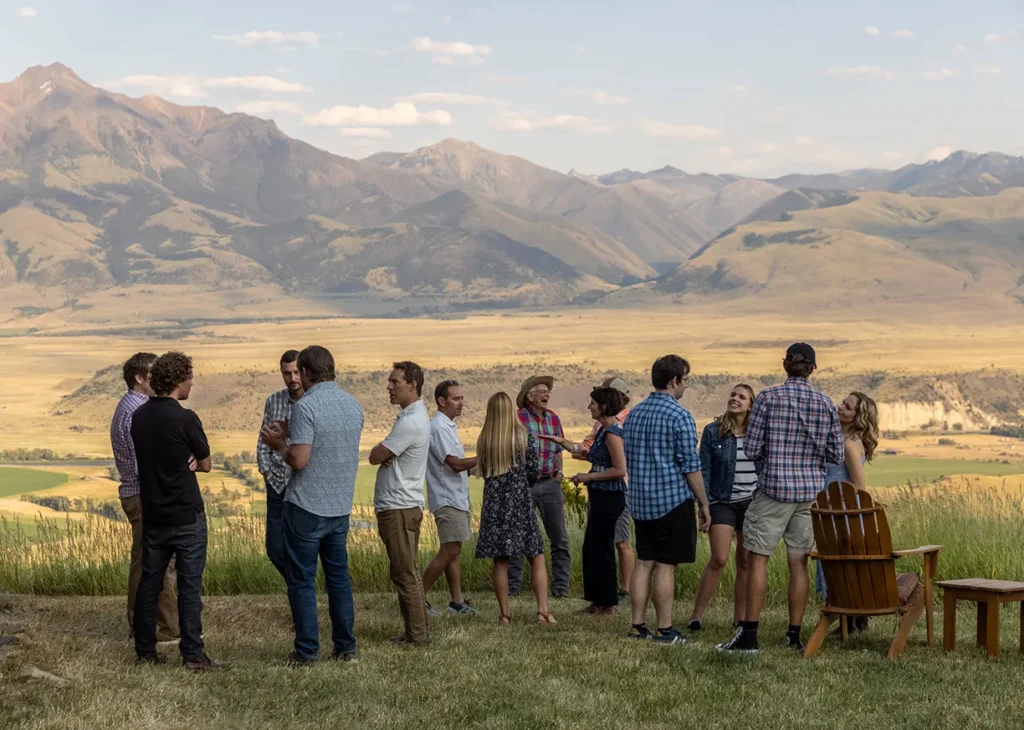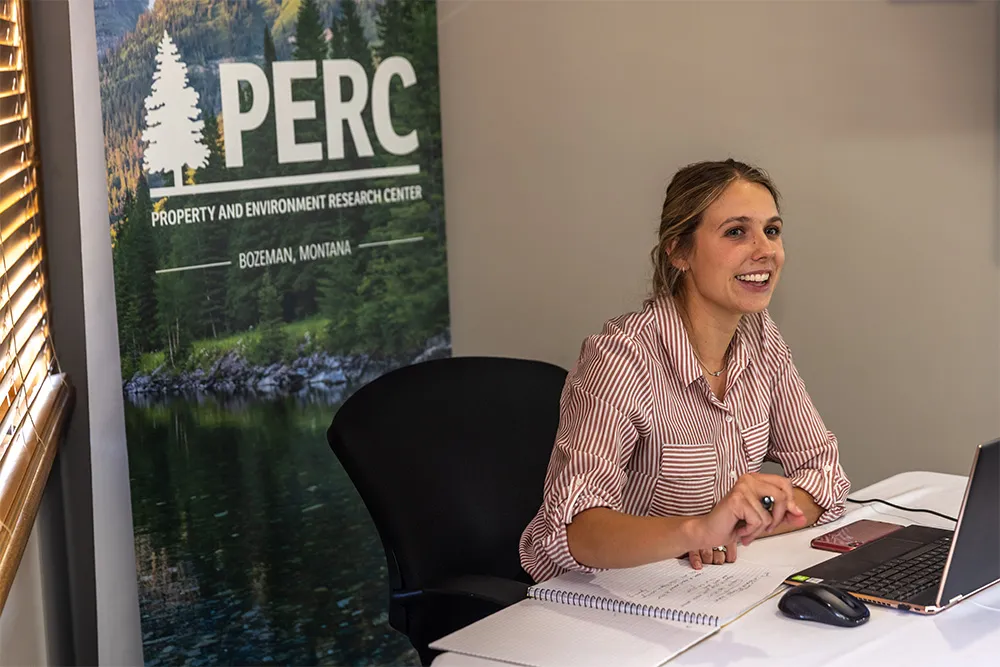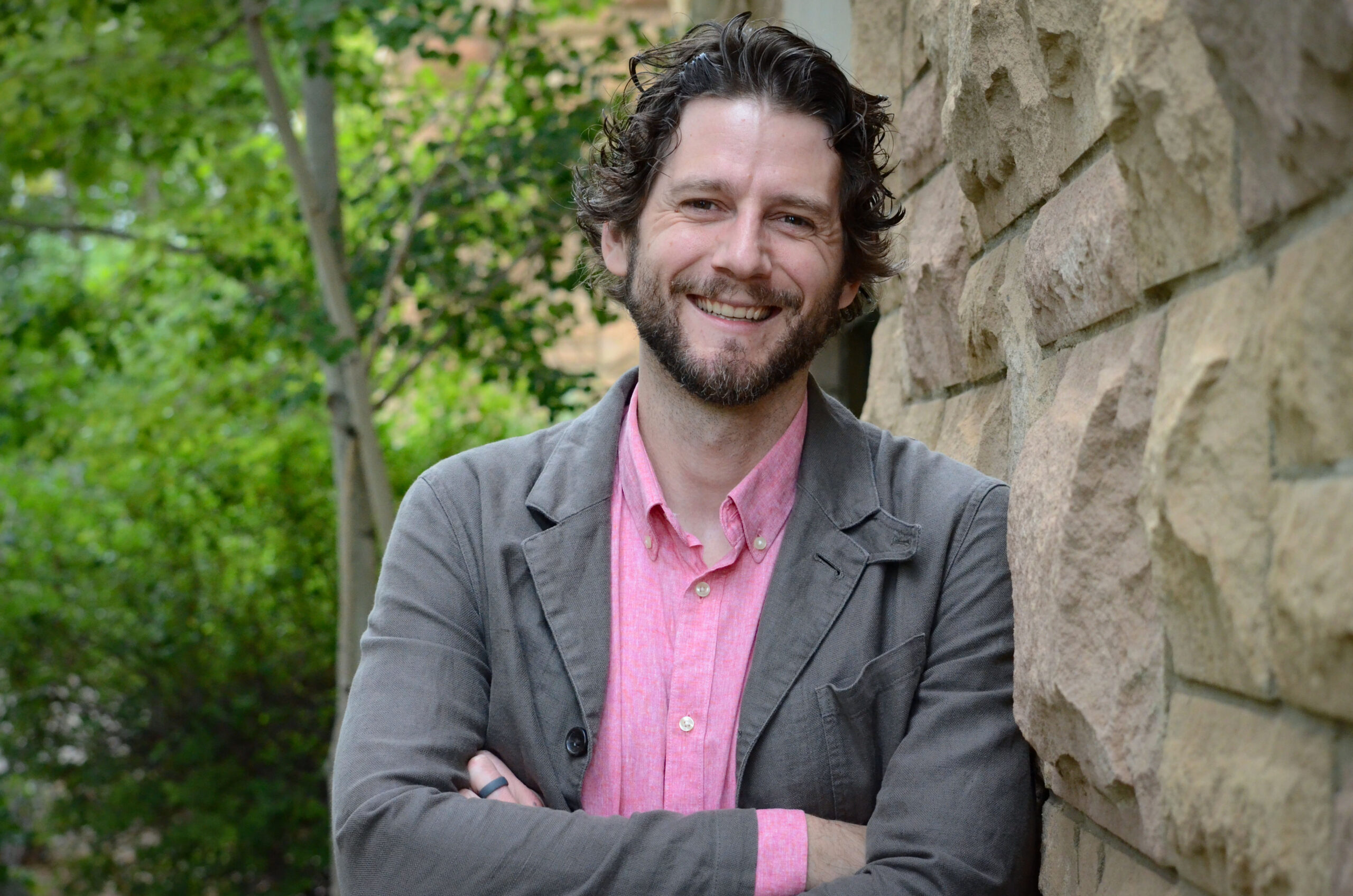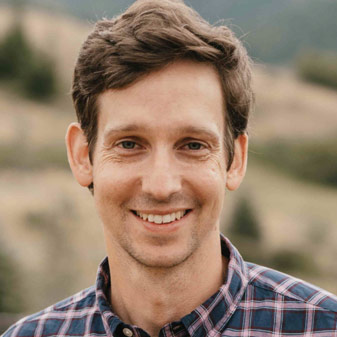Summer Fellowships

PERC’s Summer Fellowships offer a unique opportunity for scholars to develop and share work contributing to our understanding of the role of incentives, markets, and institutions in navigating environmental and natural resource management challenges.
These fellowships are one of the primary ways PERC engages with outside scholars to define new priorities and ensure that our ongoing initiatives are informed by the best available social and natural science.
Through the program, PERC deepens and expands its academic partnerships with scholars who can help to identify emerging needs and solutions, evaluate existing environmental policies and markets, and conduct applied research in support of ongoing initiatives at PERC.
PERC offers two distinct fellowship programs:
Lone Mountain Fellows spend time in residence at PERC during the summer, where they disseminate, present, and receive feedback on their research, attend seminars, and interface with other visitors, PERC senior fellows, and staff.
Graduate Fellows spend two summer months in residence at PERC working on a dissertation chapter or other academic paper, receiving feedback via formal workshops and daily interactions with scholars in environmental and natural resource management and policy.
Why become a PERC Summer Fellow?
Summers at PERC offer an intellectually engaging experience that affords scholars new opportunities to receive in-depth feedback on their work and generate new research ideas with an eye toward applied impact. Some benefits of the program include:
- Financial support: Fellows receive an honorarium that covers the cost of their stay in Bozeman. Honoraria vary in size according to the scope of the project and its contribution to strategic initiatives at PERC.
- Intellectual engagement: The environment at PERC in the summer is intellectually rich, with faculty and graduate students from diverse and prestigious universities convening to advance their own work while also receiving and giving feedback in our highly engaging seminar series.
- Applied impact: Spending time at PERC affords scholars the opportunity to tap into PERC’s growing network of policymakers, natural resource professionals, scientists, and conservation practitioners. These connections give researchers the opportunity to inform new and emerging programs with real-world impact, while generating novel research questions along the way.
- Natural amenities: PERC’s hometown of Bozeman is within striking distance of Yellowstone National Park plus hundreds of miles of trails and world-class rivers, and fellows typically find ample time to enjoy these amenities during their stay.
Lone Mountain Fellowship
PERC’s Lone Mountain Fellowship offers a unique opportunity for scholars to undertake a project that advances our understanding of how markets, public policy, property rights, and governance affect environmental resources.
Fellowship requirements:
- Residency: Fellows typically spend two or three weeks in residence at PERC between mid-June and mid-August. If the fellow is developing a project at PERC, there will be opportunities to present that work at future PERC events, such as directed workshops or subsequent summer visits.
- Presentation: Fellows sharing current work are expected to circulate a draft paper and give at least one seminar while at PERC. If a fellow is working on project development, they are expected to meet with relevant PERC staff and host a brown bag discussion on the proposed project.
- Participation: Fellows are expected to interact with other PERC scholars and fellows while in residence and attend seminar presentations by other fellows. The fellowship is intended to be an opportunity to either establish or strengthen a continuing relationship with PERC.
Selection criteria:
Focus on incentives and innovation: Research at PERC aims to create market solutions and inform policies that aligns incentives for conservation. Accordingly, we prioritize projects that focus on the role of incentives. This might include: analysis of existing environmental markets, the design of new incentive-based policies and programs, or research on the unintended consequences and perverse incentives associated with existing policies. While the ideal Lone Mountain project explores these themes in the context of one of PERC’s topical focus areas (see below), we welcome applications related to other topics to the extent that they advance our understanding of markets or incentives in environmental and natural resource management.
Topic area: PERC is broadly interested in projects that in some way address or inform issues related to natural resource policy and conservation, broadly defined. PERC is especially interested in scholars wishing to share current work or collaborate with PERC on developing ideas and projects that provide insight and innovative ideas in PERC’s key focus areas:
- Sustainable public lands and recreation
- Incentivizing effective forest management on private and public lands
- Innovation in water conservation, leasing, and markets
- Wildlife management (e.g.Endangered Species Act, game management, marine management)
- Payments for ecosystem services and conservation on private lands
- Other innovative conservation solutions using markets and incentives
Some of PERC’s most recent conservation and policy innovations have been facilitated by research from our visiting and senior fellows:
- Conservation leasing on public land
- The use of water markets to restore the Great Salt Lake
- The role of environmental review in healthy forest management
- Addressing maintenance backlogs, congestion, and underfunding in national parks
- Estimating visitor price elasticity of demand to optimally price entrance to Yellowstone National Park
Stage of work: We welcome all stages of work but highly encourage relatively early-stage work that would benefit from feedback from other researchers and those involved in shaping policy. PERC would also like to explore ways to work with you on developing a project specific to its key research areas and welcome proposals on specific topics that will be developed in collaboration with PERC during a fellowship.
Lone Mountain Fellowship Directors
Bryan Leonard is the SER associate professor in the Haub School of Environmental and Natural Resources and the School of Energy Resources at the University of Wyoming, as well as a PERC senior fellow.
Sara Sutherland is a lecturer in agricultural and resource economics at the University of California Davis, as well as a PERC senior research fellow and external research coordinator.
How to Apply
To be considered for a 2026 Lone Mountain Fellowship, please send a C.V. and a 2-3 page description of the proposed project to fellows@perc.org with “Lone Mountain Fellowship” in the subject line. Please contact the directors Bryan Leonard and Sara Sutherland at fellows@perc.org with any questions.
APPLICATIONS ARE NOW OPEN
PRIORITY DEADLINE FEBRUARY 1
Graduate Fellowship
PERC’s Graduate Fellowship offers the ideal opportunity for graduate and law students to conduct research related to natural resources, innovation, property rights, and the environment.
Fellowship requirements:
- Residency: Fellows spend two months in residence at PERC, from mid-June to mid-August. Fellows are responsible for their own housing while in residence.
- Mentorship: Fellows are expected to meet with a matched academic mentor throughout the summer as the fellow’s own needs and interests dictate.
- Presentation: Fellows present two seminars at PERC to outline, report on, and summarize their research findings and receive constructive feedback on the project.
- Participation: Fellows are expected to interact with other PERC scholars and fellows while in residence and to attend seminar presentations by other fellows throughout their stay.
- Final project: A final paper is generally expected at the conclusion of the fellow’s residency.
Selection criteria:
- Potential impact of research to their academic discipline and/or resource management practice or policy
- The overall quality of the proposed research design and methodology
- The feasibility of the work as a two-month project. Clarity of the proposal and its demonstration of sufficient expertise to complete the proposed work.
- Relevance of the project to PERC
Graduate Fellowship Directors
Eric Edwards is an associate professor in agricultural and resource economics at the University of California Davis, as well as a PERC senior fellow.
How to Apply
Applications should be submitted via email to eedwards@perc.org and should include three attachments:
APPLICATIONS ARE NOW OPEN
PRIORITY DEADLINE FEBRUARY 1



